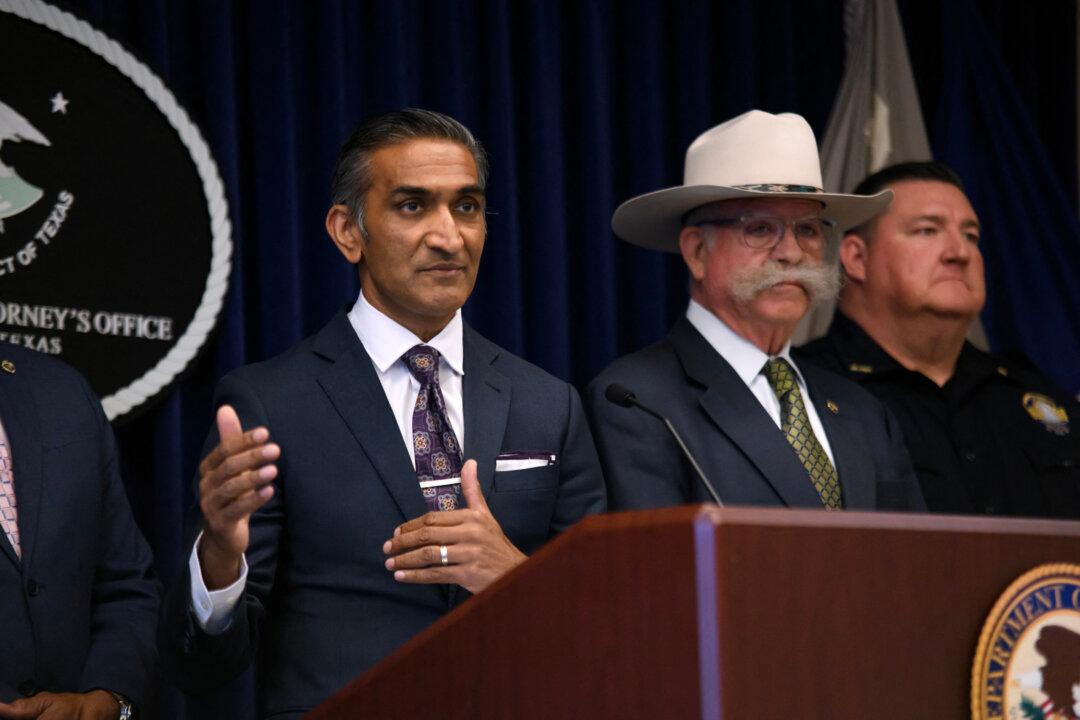The FBI’s seizure of the code to the safe of a man accused of protesting on Jan. 6 has sparked fears over the growing power of government and the erosion of constitutional safeguards.
Christopher Slobogin, a criminal and procedure law professor at Vanderbilt Law School, told the Epoch Times that the current law, as interpreted by the courts, leaves citizens at the mercy of the corporations and businesses who handle our data.





